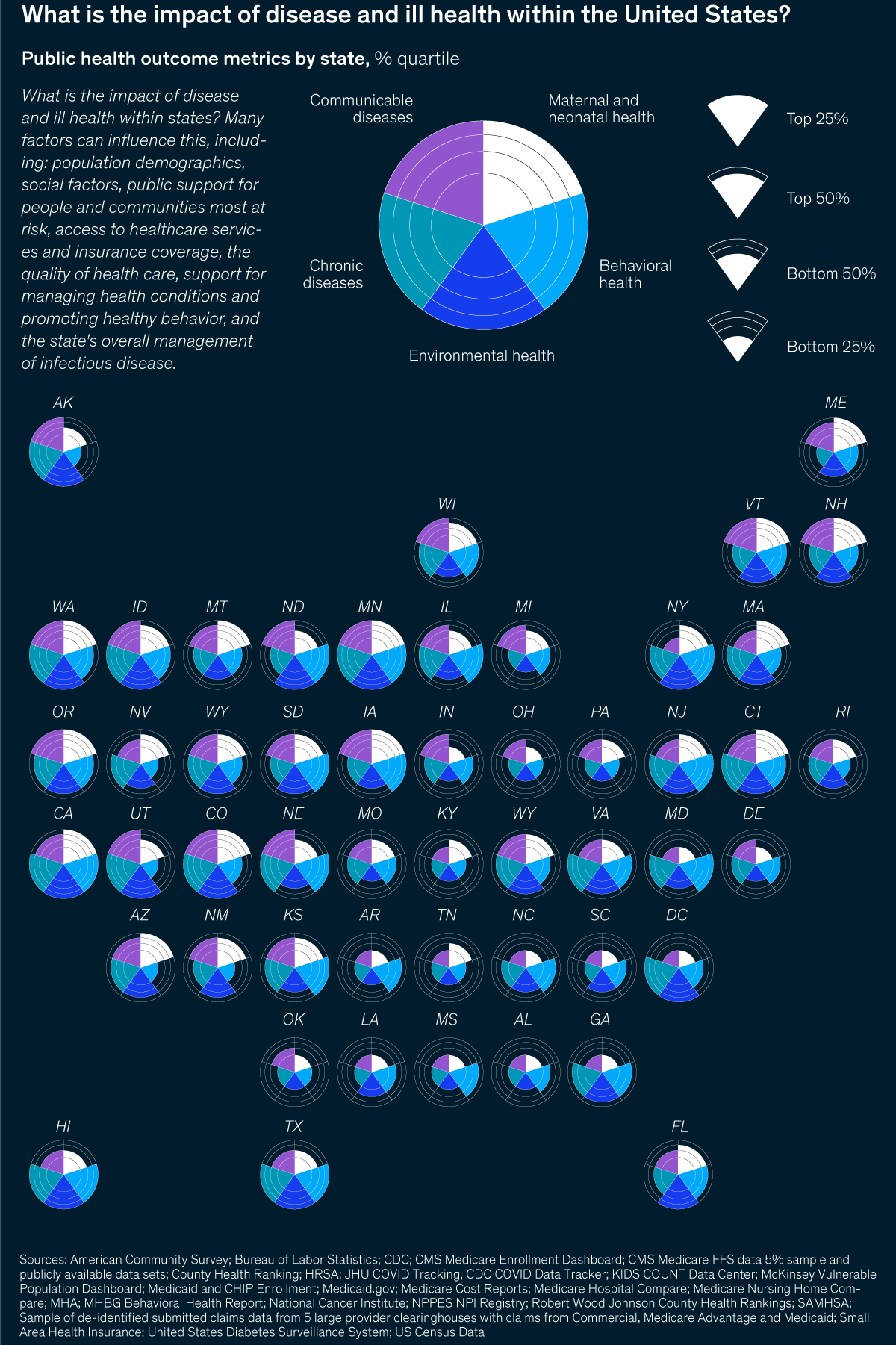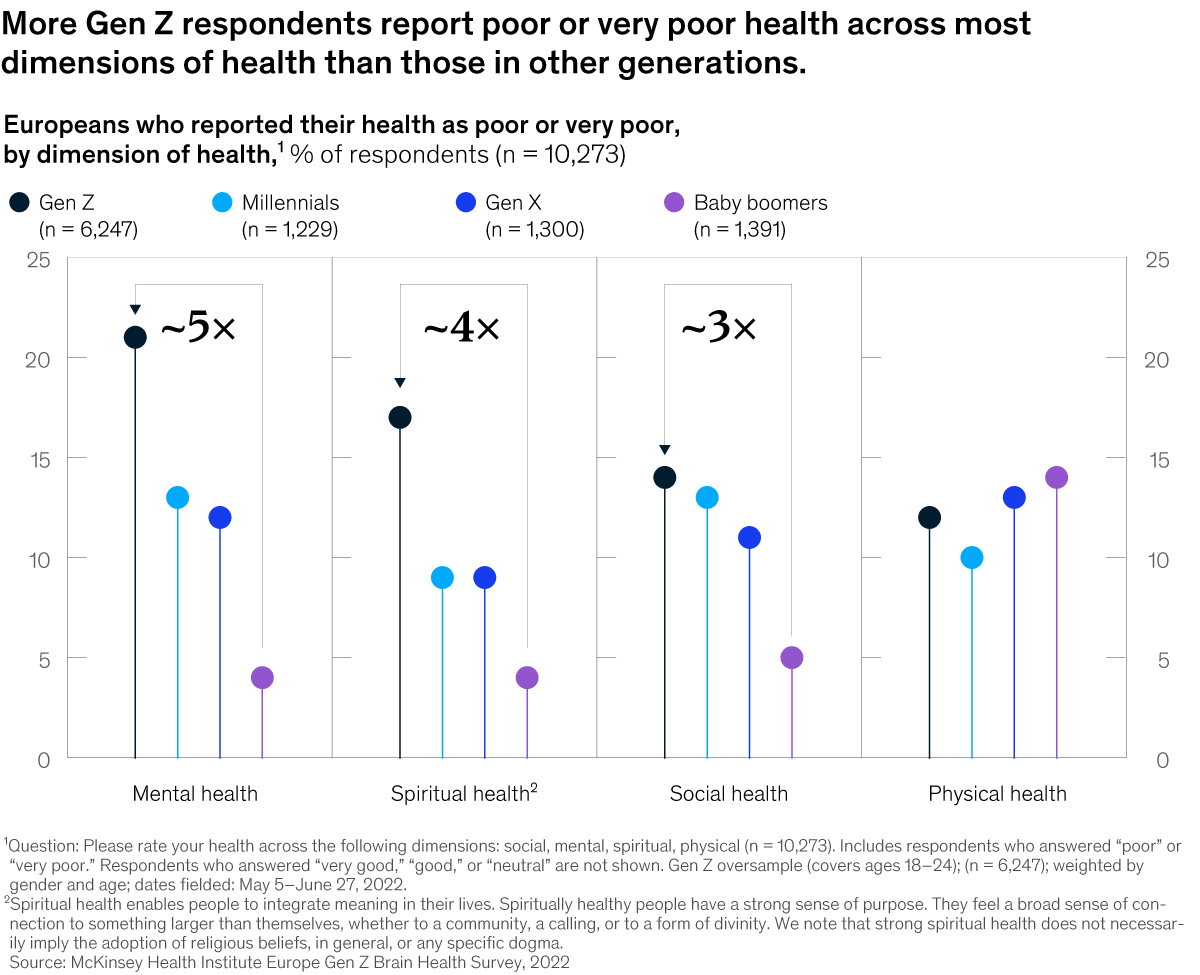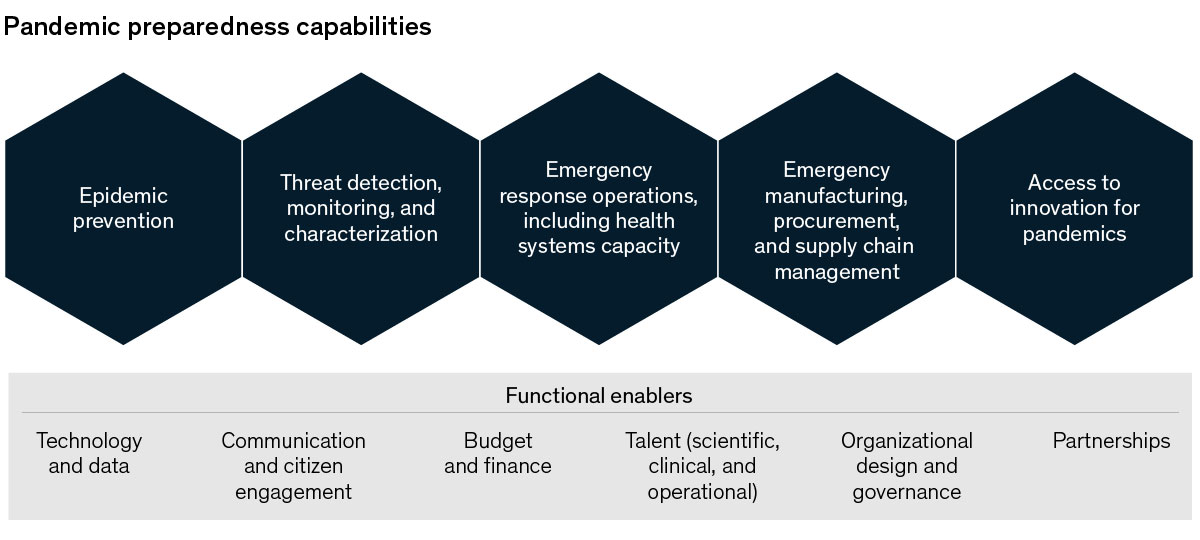Archives
- By thread 5224
-
By date
- June 2021 10
- July 2021 6
- August 2021 20
- September 2021 21
- October 2021 48
- November 2021 40
- December 2021 23
- January 2022 46
- February 2022 80
- March 2022 109
- April 2022 100
- May 2022 97
- June 2022 105
- July 2022 82
- August 2022 95
- September 2022 103
- October 2022 117
- November 2022 115
- December 2022 102
- January 2023 88
- February 2023 90
- March 2023 116
- April 2023 97
- May 2023 159
- June 2023 145
- July 2023 120
- August 2023 90
- September 2023 102
- October 2023 106
- November 2023 100
- December 2023 74
- January 2024 75
- February 2024 75
- March 2024 78
- April 2024 74
- May 2024 108
- June 2024 98
- July 2024 116
- August 2024 134
- September 2024 130
- October 2024 141
- November 2024 171
- December 2024 115
- January 2025 216
- February 2025 140
- March 2025 220
- April 2025 233
- May 2025 239
- June 2025 303
- July 2025 36
-
Forward Thinking on the meeting point of science and humanity with Jayshree Seth
Harmony Internal - McKinsey
Increase diversity Yes, I'm still interested New from McKinsey Global Institute

Forward Thinking on the meeting point of science and humanity with Jayshree Seth
Increase diversity Explore this and future episodes of the McKinsey Global Institute’s Forward Thinking podcast on our site, and subscribe to ensure you never miss a new one. Subscribe via Apple Podcasts, Google Podcasts, Stitcher, Amazon Music, or Spotify.
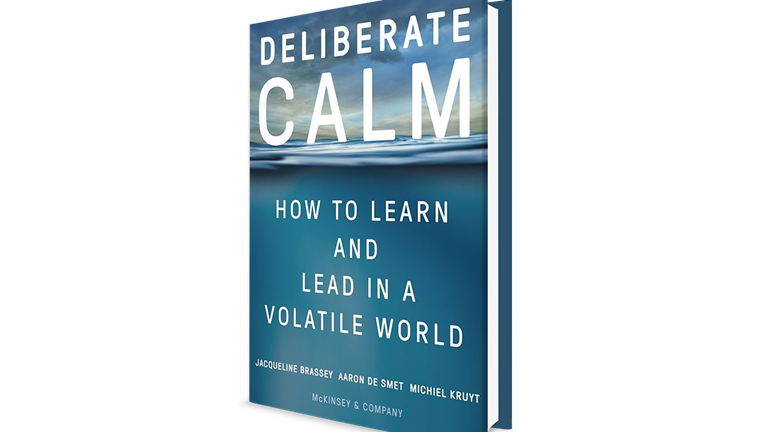
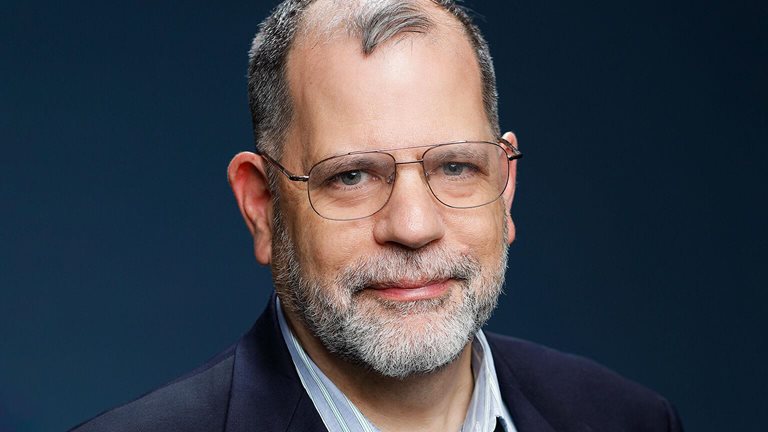
Share these insights
This email contains information about McKinsey's research, insights, services, or events. By opening our emails or clicking on links, you agree to our use of cookies and web tracking technology. For more information on how we use and protect your information, please review our privacy policy.
You received this email because you subscribed to our McKinsey Global Institute alert list.
Copyright © 2022 | McKinsey & Company, 3 World Trade Center, 175 Greenwich Street, New York, NY 10007
by "McKinsey Global Institute" <publishing@email.mckinsey.com> - 04:10 - 6 Dec 2022 -
Get Ready for 2023: Our Top API Insights and Predictions
SmartBear
Join us for a special webinar teaser of API trends in 2023!Join us on December 13th to learn about API predictions for 2023 and the recent product innovations at SmartBear!
 Hi Abul,
Hi Abul,
Join us next week for an insightful and interactive webinar, 2023 API Predictions: Shift-Left and Standardize for Success.
As 2022 draws to a close and we prepare for a new year, SmartBear’s API team is planning a discussion around how software development trends have played out this year and what we can expect moving forward.
Between economic headwinds, shifts in team structure and responsibilities, and the growing importance of API governance, there’s no shortage of interesting topics to dive into.
 Hope to see you there!
Hope to see you there!
P.S. If you can’t make it, register anyway and we’ll send you a recording.
 Andrew MarottaGrowth Marketing Manager, SmartBear
Andrew MarottaGrowth Marketing Manager, SmartBear This email was sent to {lead.Eamil Address} by SmartBear Software, 450 Artisan Way, Somerville, MA. 02145, 617.684.2600, www.smartbear.com. We hope you found this email of interest. However, we value your privacy. If you do not wish to receive future correspondence from us, please click here to manage email preferences.
This email was sent to {lead.Eamil Address} by SmartBear Software, 450 Artisan Way, Somerville, MA. 02145, 617.684.2600, www.smartbear.com. We hope you found this email of interest. However, we value your privacy. If you do not wish to receive future correspondence from us, please click here to manage email preferences.
by "Andrew from SwaggerHub" <swaggerhub-team@smartbearmail.com> - 10:45 - 6 Dec 2022 -
Last call for the Holiday APIM event of the year!
Last call for the Holiday APIM event of the year!
Tyk’s APIM Extravaganza is tomorrow! Grab your ticket.There's just 24 hours to go until the world's first ever Holiday APIM Extravaganza!
I'll be there talking about how to kick API butt in 2023, along with Postman's Kin Lane, Twilio's Nathaniel Okenwa, and Claire Barrett of Women in APIs. Will you?
Grab your free ticket and join us by the virtual fireplace.
Martin Buhr
Founder & CEO, Tyk
Snap your ugly sweater for a chance to win!
We have a limited edition Tyk holiday sweater and an Amazon gift card up for grabs. It's super easy to win. All you need to do is snap your favourite holiday sweater, post it to your social media network of choice, tag us with the hashtag #APIMExtravaganza - and you will enter the draw!
Get ready: the agenda overfloweth!
Here's the full cornucopia of API experts you'll be learning from on Wednesday 7 December. Think your take on APIM is better? Join in on our interactive Hot Tyks session - the spiciest take wins a bottle of Tyk hot sauce!
Tyk, 87a Worship Street, London, City of London EC2A 2BE, United Kingdom, +44 (0)20 3409 1911
Tyk, 828 Ralph McGill Blvd NE, Atlanta, Georgia GA 30306, USA, +1 (404) 4511123
Tyk, High Street Centre, 1 North Bridge Road, #08-08, Singapore, 179094, +65 681 32083
Manage your subscriptions here
by "Martin Buhr" <martin.buhr@tyk.io> - 06:51 - 6 Dec 2022 -
Power Packed December with Sangoma
Power Packed December with Sangoma
Offers, Promotions, notable news, and more! Sangoma has been recognized for the 8th consecutive year
in the Gartner Magic Quadrant for Unified Communications as a Service
Click Here to receive complimentary access to the full report.
Offers & Promotions
Follow 3 easy steps to avail the offer:
- Download FreePBX
- Buy 60+ Sangoma Phones
- Get 1 year free license for Sangoma Everything Bundle
Click Here to Avail the OfferClick Here to Avail the Offer [[https://info.sangoma.com/FreePBXPromotion_2022_EverythingBundle.html?utm_source=sangoma&utm_medium=email&utm_campaign=apac_nl_dec_12_2022]]On-Demand Webinar
 [ Image ]
[ Image ]Webinar Recording: Sangoma Integration with Char PMS Link
In this complimentary webinar, we will discuss how Sangoma systems can seamlessly integrate in the Hotel with any external system / equipment, such as Property Management Systems (PMS), Hotspot systems, IPTV systems, etc. This webinar will further talk about Sangoma will provide best customer experience with quick and easy integration with Char.
View RecordingView Recording [[https://attendee.gotowebinar.com/recording/3900645470352285101?utm_source=sangoma&utm_medium=email&utm_campaign=apac_nl_dec_12_2022]] [ Image ]
[ Image ]Webinar Recording: Sangoma 3rd Party Integration: All You Should Know
In this complimentary webinar we will showcase Sangoma's seamless integration with 3rd party business tolls like MS Teams.
Discussion points:
1. How to make business calls more affordable?
2. Benefits of using Sangoma as a central PBX.
3. Operate securely without expensive Teams certified hardware.View RecordingView Recording [[https://attendee.gotowebinar.com/recording/569890497996333836?utm_source=sangoma&utm_medium=email&utm_campaign=apac_nl_dec_12_2022]]Copyright © Sangoma Technologies
100 Renfrew Drive, Suite 100, Markham, ON L3R 9R6 CANADA
+1 256.428.6000This email was sent to info@learn.odoo.com. If you no longer wish to receive these emails you may unsubscribe at any time.
by "Sangoma Technologies" <webannounce@sangoma.com> - 04:31 - 6 Dec 2022 -
White Label Fuel Monitoring Software
White Label Fuel Monitoring Software
Start your profitable GPS tracking business.White Label Fuel Monitoring Software
500,000+ units | 50,000+ happy customers | 65+ countries
Support capacitive, Ultrasonic & OBD fuel sensor

This is the best fuel management a service distributor / integrator
can provide to their fleet owners.
Use Cases

Tanker Trucks
Tankers are often used to transport fuel. 53% of tanker truck overseers have reported the theft of fuel during transit. Such thefts can affect your business’s bottom line and dip your profits. To avoid this, use a fuel monitoring solution for petrol and diesel transfer.

Diesel Generator
Monitor the consumption of diesel in your DG set. You can track run hours, refills, and battery voltage. Also receive notifications for generator overheating, low fuel levels, or a sudden decrease in fuel levels.

Ships and Barges
Get accurate fuel sensor data, even when your ship is at a distant sea. Experience zero data gaps. Monitor multiple tanks at the same time and get notifications for fuel theft.
Uffizio India Software Consultant Pvt Ltd, 4th Floor, Metropolis Opp S.T Workshop, Abrama-Dharampur Rd, Valsad, Gujarat 396001, Valsad, Gujarat 396001, India, +91-7285855104
by "Jignesh Pardeshi" <official@uffizio.com> - 01:00 - 6 Dec 2022 -
US manufacturing has a labor shortage problem. How are companies addressing it?
On Point
Lessons from “Titanium Economy” companies
by "McKinsey On Point" <publishing@email.mckinsey.com> - 12:45 - 6 Dec 2022 -
Hitting the mark: Why markdowns matter more than ever
Harmony Internal - McKinsey
Take a closer look Yes, I'm still interested Brought to you by Liz Hilton Segel & Homayoun Hatami
Global leaders, Industry & Capabilities PracticesThe holiday season is upon us, and US retailers are dealing with continued challenges including inflation and growing fears of recession. This year, spending growth has slowed and there’s more stock than demand. How can retailers prepare for the coming year as they navigate high inventory levels and declining profitability? In a new article, senior partners Becca Coggins, Emily Reasor, and their coauthors suggest that smart markdown strategies are critical in order to get ahead of the competition. See what it takes to deliver value to customers amid uncertain times and why it is time to invest in markdown capabilities.
Quote of the day
Chart of the day
ALSO NEW
— Editied by Joyce Yoo, editor, New York
Share these insights
Did you enjoy this newsletter? Forward it to colleagues and friends so they can subscribe too. Was this issue forwarded to you? Sign up for it and sample our 40+ other free email subscriptions here.
This email contains information about McKinsey's research, insights, services, or events. By opening our emails or clicking on links, you agree to our use of cookies and web tracking technology. For more information on how we use and protect your information, please review our privacy policy.
You received this email because you subscribed to the Daily Read newsletter.
Copyright © 2022 | McKinsey & Company, 3 World Trade Center, 175 Greenwich Street, New York, NY 10007
by "McKinsey Daily Read" <publishing@email.mckinsey.com> - 06:19 - 5 Dec 2022 -
A leader’s guide to effective conflict management
Harmony Internal - McKinsey
Peace talks Yes, I'm still interested Brought to you by Liz Hilton Segel & Homayoun Hatami
Global leaders, Industry & Capabilities PracticesAccording to recent McKinsey Health Institute research led by senior partner Martin Dewhurst and others, a quarter of survey respondents globally report experiencing toxic behavior at work—the biggest predictor of burnout and attrition. And Tessa West, author of Jerks at Work: Toxic Coworkers and What to Do about Them, has discovered firsthand that sometimes those who don’t feel they’re part of the problem also don’t offer to be part of the solution due to fear of retribution or not knowing how to navigate conversations about conflict productively. “We end up with this vicious cycle of toxic behaviors, engaged in by few but put up with by many,” she says in this interview with McKinsey’s Jacqueline Brassey. “And now we’re at the point where people are just tired of it.” But pushing the problem away only lets people grow more disengaged and resentful. Proactively having conversations and targeting specific behaviors improve your chances of successful conflict resolution. “Bosses tend to feel they have the resources to put out little fires but not big ones,” West says. “Have the conversations early and often; you’ll feel like you have much more agency, and your locus of control will go up.”
That’s the average number of hours per week that managers spend dealing with conflict, according to Conflict at work, a new research report by The Myers-Briggs Company. Diving deeper, the report shows that the number of people experiencing conflict often or all the time has increased by 7 percent since the same study was conducted in 2008. Yet, 25 percent of people believe that their managers don’t handle conflict well, allowing the friction felt in the workplace to snowball.
That’s journalist and author Amanda Ripley on navigating the root of a conflict versus what it appears to be about on the surface. In her book High Conflict: Why We Get Trapped and How We Get Out, Ripley characterizes high conflict as self-perpetuating and all-consuming with an “us versus them” charge. She offers some tactical ways to climb your way out of conflict, starting with active listening. “Once we feel understood, we see options we couldn’t see before,” she says. “We feel some ownership over the search for solutions. Then, even if we don’t get our way, we are more accepting of the result because we helped build it.” (You can check out more of our reading recommendations here.)
Lead confidently through conflict.
— Edited by Dana Sand, editor, Columbus
Share these insights
Did you enjoy this newsletter? Forward it to colleagues and friends so they can subscribe too. Was this issue forwarded to you? Sign up for it and sample our 40+ other free email subscriptions here.
This email contains information about McKinsey's research, insights, services, or events. By opening our emails or clicking on links, you agree to our use of cookies and web tracking technology. For more information on how we use and protect your information, please review our privacy policy.
You received this email because you subscribed to the Leading Off newsletter.
Copyright © 2022 | McKinsey & Company, 3 World Trade Center, 175 Greenwich Street, New York, NY 10007
by "McKinsey Leading Off" <publishing@email.mckinsey.com> - 02:53 - 5 Dec 2022 -
Is the world deglobalizing? New McKinsey analysis finds a more nuanced reality.
On Point
Three areas to shape global flows Yes, I'm still interested Brought to you by Liz Hilton Segel & Homayoun Hatami
Global leaders, Industry & Capabilities Practices• Interconnected. Ongoing geopolitical tensions and the COVID-19 pandemic have prompted speculation that the world is already deglobalizing. But new research from the McKinsey Global Institute finds that the world remains deeply interconnected, as most global flows continued to grow (or even accelerated) in 2020 and 2021, explain McKinsey senior partners Sven Smit, Olivia White, and Jonathan Woetzel and their coauthors. Growth in global flows is now being driven by intangibles, services, and talent, with data flows growing at nearly 50% each year from 2010 to 2019.
— Edited by Alexandra Mondalek, editor, New York
This email contains information about McKinsey's research, insights, services, or events. By opening our emails or clicking on links, you agree to our use of cookies and web tracking technology. For more information on how we use and protect your information, please review our privacy policy.
You received this email because you subscribed to the On Point newsletter.
Copyright © 2022 | McKinsey & Company, 3 World Trade Center, 175 Greenwich Street, New York, NY 10007
by "McKinsey On Point" <publishing@email.mckinsey.com> - 11:17 - 4 Dec 2022 -
[Last chance to register] Best of MAX for Business Webinar
Adobe
Precision, ease and speed. Collaborative Creativity
Best of MAX Business Webinar
Wednesday, 7 December, 2022
Sydney 3.00pm | Singapore 12.00pm | India 9.30amCreate with speed & precision. Collaborate seamlessly.
From new social media platforms to standing out through creative ideas, creativity is a vital skill for everyone.
The latest version of Adobe Creative Cloud has innovative features that creators will love. Rich and deep tools with more precision and superpowers. Or breakthrough AI-powered tools for those who want to create as quickly and easily as possible. Adobe Creative Cloud offers something for everyone, at all skill levels, working across all forms of media.
This webinar brings you the key highlights from Adobe MAX 2022 through a business lens:- Turbo-powered by Adobe Sensei, we will demonstrate the top 10 new releases, that will transform your creative work.
- Interact in real time – directly with our Adobe experts and in the live Q&A session.
- Takeaway tips on how to navigate the 200+ MAX on-demand sessions to power creativity and design in your business.
Speakers
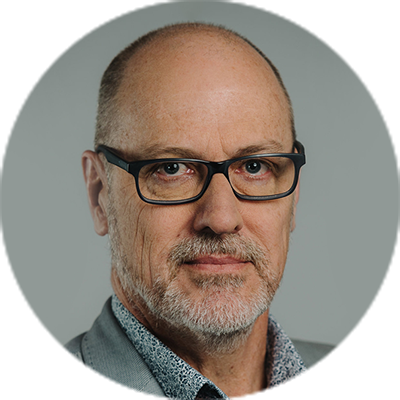 Michael Stoddart
Michael Stoddart
Director Strategic Business Development
Adobe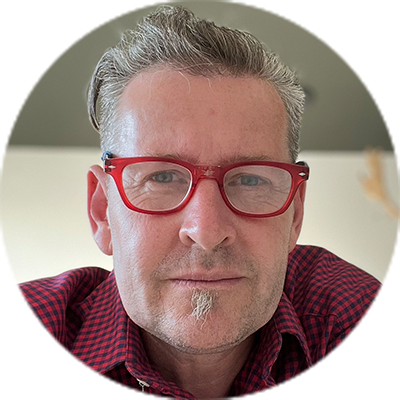 Mike McHugh
Mike McHugh
Senior Manager, Solution Consulting
Adobe Guru Vaidya
Guru Vaidya
Manager, Solution Consulting
Adobe Rosie Sue
Rosie Sue
Solution Consultant
Adobe Sarah Tilleke
Sarah Tilleke
Retail & Travel Executive
Adobe Chris Hansen
Chris Hansen
Senior Solution Consultant
Adobe Jason Grant
Jason Grant
Senior Solution Consultant
AdobeCreativity for all.Adobe and the Adobe logo are either registered trademarks or trademarks of Adobe in the United States and/or other countries. All other trademarks are the property of their respective owners.By clicking on some of the links in this email, you might be redirected to forms that will be pre-populated with your contact information.
This is a marketing email from Adobe Systems Software Ireland Limited, 4‑6 Riverwalk, Citywest Business Park, Dublin 24, Ireland.
Click here to unsubscribe or send an unsubscribe request to the postal address above. Please review the Adobe Privacy Policy:
Australia
New Zealand
Indonesia
Malaysia
Philippines
Vietnam
Singapore
India
Hong Kong
To ensure email delivery, add demand@info.adobe.com to your address book, contacts, or safe sender list.
If you have a privacy-related complaint, send it to: privacy@adobe.com
by "Adobe Creative Cloud for Business" <demand@info.adobe.com> - 09:06 - 4 Dec 2022 -
The week in charts
The Week in Charts
Health issues affecting Americans, the auto insurance market, and more Yes, I'm still interested Share these insights
Did you enjoy this newsletter? Forward it to colleagues and friends so they can subscribe too. Was this issue forwarded to you? Sign up for it and sample our 40+ other free email subscriptions here.
This email contains information about McKinsey's research, insights, services, or events. By opening our emails or clicking on links, you agree to our use of cookies and web tracking technology. For more information on how we use and protect your information, please review our privacy policy.
You received this email because you subscribed to The Week in Charts newsletter.
Copyright © 2022 | McKinsey & Company, 3 World Trade Center, 175 Greenwich Street, New York, NY 10007
by "McKinsey Week in Charts" <publishing@email.mckinsey.com> - 03:09 - 3 Dec 2022 -
Six priorities for CEOs in turbulent times
Harmony Internal - McKinsey
Plus, how to square resilience with net-zero promises Yes, I'm still interested To learn and lead through volatility, order Deliberate Calm
Monthly Highlights, December 2022
Managing complex organizations is much harder today than it was just a few years ago, write Homayoun Hatami, McKinsey global leader of capabilities practices, and Liz Hilton Segel, McKinsey global leader of industry practices. How can CEOs decide what needs to be done now and what can wait? Our featured stories this month outline six priorities that feature prominently on worldwide CEO agendas, as well as five core actions to help CEOs meet dual imperatives—resilience and net zero—at the heart of a new sustainability strategy. Other highlights in this month’s issue include the following topics:
• a framework to help companies prioritize actions and collaborations that can contribute to sustainable, inclusive growth
• a view of the flows driving global integration and an assessment of interdependency and concentration risks
• why companies will need to begin building many more businesses than they have thus far to meet their revenue expectations in the years ahead
• how a skill-based approach can help US employers expand talent pools and retain great workers
Editor’s choice
THIS MONTH’s HIGHLIGHTS

Toward a sustainable, inclusive, growing future: The role of business
To make the world as sustainable and inclusive as we hope, a certain kind of economic growth will be necessary—and companies will play a vital role in generating it.
Prioritize what’s to come
Global flows: The ties that bind in an interconnected world
Economic and political turbulence have prompted speculation that the world is already deglobalizing. But the evidence suggests that global integration is here to stay, albeit with nuance.
Boost resilience
New-business building in 2022: Driving growth in volatile times
A new global survey finds that new-business building can boost growth and value. However, to meet revenue expectations in the future, companies must dramatically increase their efforts.
Get the support
Taking a skills-based approach to building the future workforce
Our work with the Rework America Alliance highlights how a skills-based approach can help US employers expand talent pools and retain great workers—even through economic uncertainty.
Break the mold
Global Insurance Report 2023: Reimagining life insurance
The global life insurance industry is facing an inflection point. A fundamental reimagination will usher in significant change.
Examine the data
Even in the metaverse, women remain locked out of leadership roles
Five early indicators on women in the metaverse reveal gender inequality—especially in the leadership creating and setting metaverse standards.
Infuse diverse leadershipALSO New
Special features
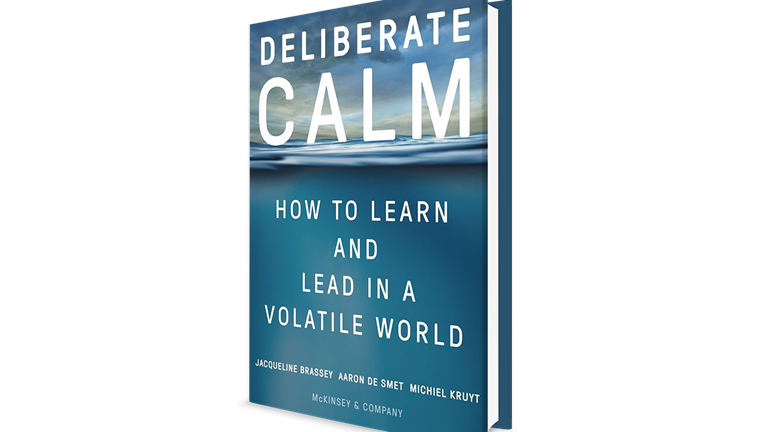
Deliberate calm
Experts offer a unique approach to learning and leading with awareness and intentional choice, even amid the most challenging circumstances.
Order now
The Next Normal
AI—if properly integrated into scientists’ research—could revolutionize drug discovery.
Look ahead
McKinsey guide to managing yourself
Insights from leaders around the world can help improve your professional and personal life.
See the posts
My Rookie Moment
Senior McKinsey colleagues talk about experiences related to wellness.
Watch the episode
Classics
Progress in digitizing the risk function and its processes has proceeded slowly. But “slowly” doesn’t mean “never.” Read our classic article “Digital risk: Transforming risk management for the 2020s.”
Rewind
Re:think
Read a sample of the Re:think newsletter, and sign up for it or any of our more than 40 free email subscriptions.
Subscribe— Edited by Eleni Kostopoulos, editor, New York
Share these insights
Did you enjoy this newsletter? Forward it to colleagues and friends so they can subscribe too. Was this issue forwarded to you? Sign up for it and sample our 40+ other free email subscriptions here.
This email contains information about McKinsey's research, insights, services, or events. By opening our emails or clicking on links, you agree to our use of cookies and web tracking technology. For more information on how we use and protect your information, please review our privacy policy.
You received this email because you are a registered member of our Monthly Highlights newsletter.
Copyright © 2022 | McKinsey & Company, 3 World Trade Center, 175 Greenwich Street, New York, NY 10007
by "McKinsey Highlights" <publishing@email.mckinsey.com> - 11:10 - 3 Dec 2022 -
Insights from a Michelin-starred restaurateur, retail markdown strategies, fashion industry predictions, and more big reads for the weekend
Harmony Internal - McKinsey
Get cozy with these weekend reads Yes, I'm still interested Brought to you by Liz Hilton Segel & Homayoun Hatami
Global leaders, Industry & Capabilities PracticesDecember is here and things are starting to feel cozy in northern climes. As you bundle up this weekend, catch up on the week’s essential reads on the global fashion industry, retail markdown strategy, why hospitality is relevant far beyond the restaurant industry, and more.
QUOTE OF THE DAY
chart of the day
Ready to unwind?
— Edited by Stephanie d'Arc Taylor, editor, Southern California
Share these insights
Did you enjoy this newsletter? Forward it to colleagues and friends so they can subscribe too. Was this issue forwarded to you? Sign up for it and sample our 40+ other free email subscriptions here.
This email contains information about McKinsey's research, insights, services, or events. By opening our emails or clicking on links, you agree to our use of cookies and web tracking technology. For more information on how we use and protect your information, please review our privacy policy.
You received this email because you subscribed to the Daily Read newsletter.
Copyright © 2022 | McKinsey & Company, 3 World Trade Center, 175 Greenwich Street, New York, NY 10007
by "McKinsey Daily Read" <publishing@email.mckinsey.com> - 06:39 - 2 Dec 2022 -
Limited Time Offer! Get Sangoma Free PBX Everything Bundle for Free
Limited Time Offer! Get Sangoma Free PBX Everything Bundle for Free
Get One Year Free License for FreePBX Commercial Module • Attention All FreePBX Users •
 [ Image ]
[ Image ] [ Image ]Get Commercial Module for FreeGet Commercial Module for Free [[https://info.sangoma.com/FreePBXPromotion_2022_EverythingBundle.html?utm_source=sangoma&utm_medium=email&utm_campaign=apac_nl_FREEPBX_promotion_11_2022]]
[ Image ]Get Commercial Module for FreeGet Commercial Module for Free [[https://info.sangoma.com/FreePBXPromotion_2022_EverythingBundle.html?utm_source=sangoma&utm_medium=email&utm_campaign=apac_nl_FREEPBX_promotion_11_2022]] [ Image ]
[ Image ]Now is the time to get lucky with Sangoma! Reach out today to get a 1 year free license today!
Copyright © Sangoma Technologies
100 Renfrew Drive, Suite 100, Markham, ON L3R 9R6 CANADA
+1 256.428.6000This email was sent to info@learn.odoo.com. If you no longer wish to receive these emails you may unsubscribe at any time.
by "Sangoma Technologies" <webannounce@sangoma.com> - 04:45 - 2 Dec 2022 -
No region is an island: Why globalization is here to stay
The Shortlist
Ebbs and flows Brought to you by Liz Hilton Segel & Homayoun Hatami
Global leaders, Industry & Capabilities PracticesThis week, we look at how globalization is shifting and what companies can do to respond. Plus, two McKinsey experts on how to build better relationships at work, and Tech for Execs on the power of the qubit.
Interdependence. Some may see recent economic and geopolitical turbulence as signs that the world is deglobalizing. But a deeper look at the flow of goods, people, and information around the world reveals that global integration, while experiencing shifts, is here to stay. In “Global flows: The ties that bind in an interconnected world,” senior partners Olivia White, Jonathan Woetzel, and their colleagues from the McKinsey Global Institute write about these shifts and how companies can respond strategically.
Go with the flows. When people think of globalization, they often focus on the flow of goods and capital. While those are indeed a big part of economic integration, newer flows linked to knowledge and know-how have come to the fore. Flows of services, international students, and intellectual property grew about twice as fast as goods flows in 2010–19. Within services, flows of knowledge-intensive services—including professional services, government services, IT services, and telecommunications—are growing the fastest. Data flows grew at nearly 50 percent annually in the same period.
No region is self-sufficient. Every region of the world imports 25 percent or more (in value-added terms) of at least one important type of resource or manufactured good that it needs. Asia–Pacific, including China, is the leading global manufacturing exporter overall and the largest supplier of electronics, but it imports more than 25 percent of the energy resources it needs. Europe and North America provide much of the advanced machinery and the intangible expertise that supports production of advanced electronics such as semiconductors, but Europe imports more than 50 percent of the energy resources it needs, while the US imports roughly 70 percent of its consumption needs for 30 mineral commodities. And, of course, the Middle East, sub-Saharan Africa, and Latin America remain big net suppliers of resources—energy, minerals, and food.
Value chain changes. Between 1995 and 2008, truly global value chains were unleashed by trade liberalization and technological progress. Then, patterns of trade flows diverged—with global value chains accounting for about 40 percent of trade flows becoming more concentrated, with the rest stabilizing or becoming less concentrated or more interregional. New forces could now shape the next evolution of some value chains, including semiconductors and pharmaceuticals, spurred by considerations of national security, competitiveness, or resilience. In the case of semiconductors, the United States, the European Union, South Korea, China, and Japan have all announced measures to bolster domestic value chains. Further moves to decouple technologies and restrict data flows could also influence value chains, especially those that are deemed critical to national strategic priorities. Efforts to boost sourcing and improve responsiveness may shorten some supply chains, making them more regional.
Look for opportunities. To negotiate this complex era, companies large and small need a deeper understanding of global flows and scenarios for the future. They can look for new opportunities, such as engaging more with new flows of intangibles and human capital. In some cases, these flows can lead to new business models in sectors that were previously less driven by knowledge flows, thereby transforming goods into services business models. At the same time, they can strengthen their resilience by creating stable supply chains and building out their ability to operate in multiple foreign markets.
Many governments are investing in strengthening their pandemic preparedness. But how will they know if those investments will prove effective when the next crisis strikes? Pandemic preparedness encompasses five key capabilities, supported by a set of enablers that are designed to deliver across various areas of government. McKinsey designed a Pandemic Preparedness Survey, as well as four action areas that help leaders contextualize the survey findings, to ensure that public health systems are ready for whatever crises the future brings.
Social capital, a technical term for connectivity in the workplace, is important for helping employees execute, learn, innovate, and advance in organizations. But since the COVID-19 pandemic began, companies are reporting a dearth of social capital, affecting everything from employee motivation to stalled careers. In this episode of The McKinsey Podcast, McKinsey senior partner John Parsons and partner Brooke Weddle discuss how organizations can reestablish meaningful connections among teams and individuals in today’s changed work environments.
Our experts serve up a periodic look at the technology concepts leaders need to understand to help their organizations grow and thrive in the digital age.
What it is. Just as a bit is the most basic unit of information in today’s computers, a qubit (short for quantum bit) is the essential unit of information in quantum computing. Unlike conventional binary bits that store in a computer as either a zero or one, quantum bits can represent a combination of both zero and one at the same time, based on a quantum-physics principle called superposition.
The limitation of conventional bits comes into play when today’s computers face a problem with multiple variables. In these scenarios, computers must conduct a new calculation every time a variable is changed. Each calculation is a single path to a single result.
Quantum computers, on the other hand, have an exponentially larger working space, thanks to the nature of qubits. They can explore a gigantic number of paths simultaneously, which is what gives quantum computers the potential to be so much faster and solve complex problems that can’t be solved by today’s computers.
Why it matters. In the past few years, quantum computers have demonstrated that they could outperform today’s most powerful supercomputers at specific tasks. For instance, Google claimed “quantum supremacy” in 2019 when it solved in seconds a problem that would have taken the world’s most powerful supercomputer at the time thousands of years.
While such achievements are extraordinary scientific breakthroughs, commercial uses of quantum computing are in their early days. However, quantum computing could enable game-changing advances across industries, from dramatically reducing drug-discovery timelines and improving supply chain efficiency to sparking the development of breakthrough products, such as green fertilizers for the agriculture industry. Believers are putting down real money to advance the technology; start-up activity and investments in quantum computing have skyrocketed since 2015, with more than $4 billion pouring into start-ups in 2021 alone.
Many companies—particularly those in industries that stand to reap the biggest benefits first, such as chemicals, pharmaceuticals, automotive, and financial services—have assembled initial quantum teams that are testing early-stage algorithms on the current class of quantum systems. Conservatively, we estimate the incremental impact of quantum computing on just these four industries could be up to $700 billion by 2035.
— Edited by Barbara Tierney, senior editor, New York
Tell us what you think Share these insights
This email contains information about McKinsey's research, insights, services, or events. By opening our emails or clicking on links, you agree to our use of cookies and web tracking technology. For more information on how we use and protect your information, please review our privacy policy.
You received this email because you subscribed to The Shortlist newsletter.
Copyright © 2022 | McKinsey & Company, 3 World Trade Center, 175 Greenwich Street, New York, NY 10007
by "McKinsey Shortlist" <publishing@email.mckinsey.com> - 02:13 - 2 Dec 2022 -
People are living longer but not necessarily better. Can that change?
On Point
Six shifts for healthy aging Yes, I'm still interested Brought to you by Liz Hilton Segel & Homayoun Hatami
Global leaders, Industry & Capabilities Practices• Longevity’s downside. In 1950, for every person over the age of 65, there were 11.7 working-age people, a figure that may drop to 4.4 by 2040. Although longer life spans are a triumph for humanity, McKinsey senior partner Martin Dewhurst and fellow authors examine the fact that old age still involves, on average, ten years of medium to poor health. By 2050, global healthcare costs will rise to a projected 9.4% of GDP, up from 8.6% today. But keeping healthcare costs down is only one reason among many to improve physical, mental, social, and spiritual health later in life, finds the McKinsey Health Institute.
— Edited by Katy McLaughlin, senior editor, Southern California
This email contains information about McKinsey's research, insights, services, or events. By opening our emails or clicking on links, you agree to our use of cookies and web tracking technology. For more information on how we use and protect your information, please review our privacy policy.
You received this email because you subscribed to the On Point newsletter.
Copyright © 2022 | McKinsey & Company, 3 World Trade Center, 175 Greenwich Street, New York, NY 10007
by "McKinsey On Point" <publishing@email.mckinsey.com> - 12:36 - 2 Dec 2022 -
White Label GPS Tracking Platform
White Label GPS Tracking Platform
Start your profitable GPS tracking business.White Label GPS Tracking Software
500,000+ units | 50,000+ happy customers | 65+ countries
Tracker independent | Supports multiple language
Fleet Management Platform That Grows With You
Start with lite version and upgrade as you grow, or hit the ground running
with one of our premium edition



Uffizio India Software Consultant Pvt Ltd, 4th Floor, Metropolis Opp S.T Workshop, Abrama-Dharampur Rd, Valsad, Gujarat 396001, Valsad, Gujarat 396001, India, +91-7285855104
by "Jignesh Pardeshi" <official@uffizio.com> - 10:30 - 1 Dec 2022 -
ดาวน์โหลดเลย! งานวิจัยด้านสิ่งแวดล้อมจาก ชไนเดอร์ อิเล็คทริค
Schneider Electric
Green Heroes for Life
โลกต้องการฮีโร่เช่นคุณ!'มาร่วมเป็น Green Heroes จัดระบบการใช้พลังงานและดิจิทัล เพื่อชีวิตที่ยั่งยืน
โครงการ Green Heroes for Life มีเป้าหมายเพื่อสร้างชุมชนของธุรกิจเพื่อนําไปสู่วิธีการดำเนินงานที่มีประสิทธิภาพด้านพลังงาน และบรรลุเป้าหมายด้านความยั่งยืน
การต่อสู้เพื่อโลกของเรา ไม่สามารถต่อสู้ได้โดยลำพัง!
ท่านสามารถเข้าร่วมโครงการโดยให้ผู้เชี่ยวชาญด้านจัดการพลังงานและดิจิทัลช่วยคุณก้าวสู่หนทางด้านความยั่งยืน
เพื่อให้สอดคล้องกับ COP26 ทางสถาบันวิจัยด้านความยั่งยืนได้นําเสนอ งานวิจัย "Back to 2050" ที่ประเมินผลกระทบระยะยาวของการใช้พลังงานและการปล่อย CO 2 ที่เกี่ยวข้อง อ่านงานวิจัยเพิ่มเติม คลิก! "ดาวน์โหลด" ด้านล่าง+ Lifecycle Services From energy and sustainability consulting to optimizing the life cycle of your assets, we have services to meet your business needs. Schneider Electric
46 Rungrojthanakul Building. 1st, 10th, 11th Floor, Ratchadapisek Road. Huaykwang
Bangkok - 10310, Thailand
Phone +662 617 5555© 2022 Schneider Electric. All Rights Reserved. Schneider Electric is a trademark and the property of Schneider Electric SE, its subsidiaries and affiliated companies. All other trademarks are the property of their respective owners.
by "Schneider Electric" <reply@se.com> - 09:01 - 1 Dec 2022 -
Reminder: eCommerce in Southeast Asia
Reminder: eCommerce in Southeast Asia 0.7.4
Dear MD Abul, Next week, on December 8, Joschka Müller, Team Lead Southeast Asia Research at Statista, will speak about the eCommerce landscape in Southeast Asia, one of the most important eCommerce hubs due to high internet usage, rising salaries, and a great propensity to purchase.
Register here for the free 30-minute webinar. We look forward to welcoming you!
Statista GmbH, Johannes-Brahms-Platz 1, 20355 Hamburg
Representatives: Dr. Friedrich Schwandt, Hubert Jakob
Domicile: Cologne | HRB 87129 | municipal court of Cologne
You are registered with the following email address: info@learn.odoo.com
Manage newsletter preferences | Unsubscribe from all newsletters
Information about the timing of deleting personal data, the countries where we save data (e.g., U.S., EU, UK, Singapore), and the companies we collaborate with can be found in our privacy statement.
by "Statista | Webinars" <webinars@statista.com> - 08:01 - 1 Dec 2022




















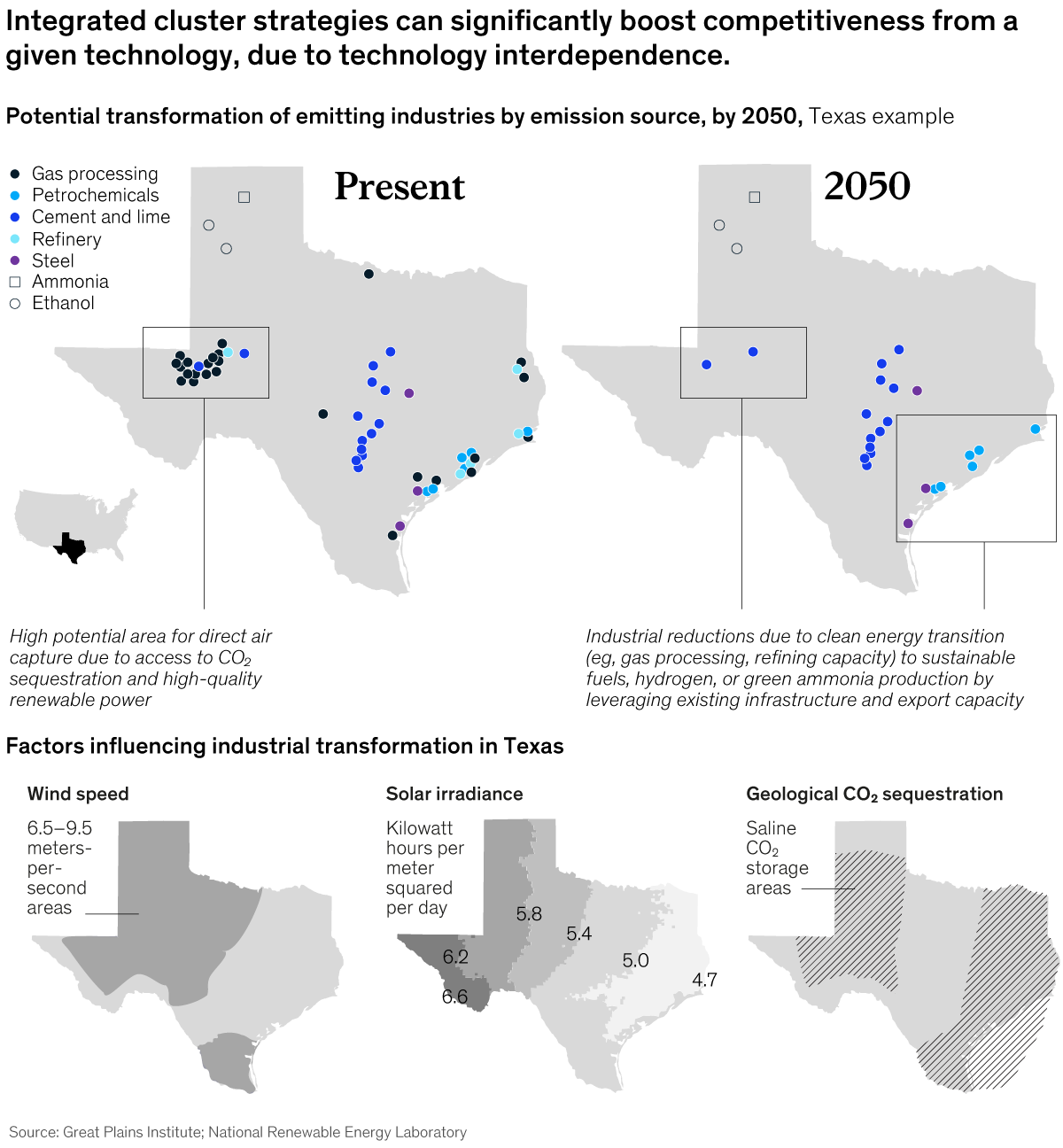







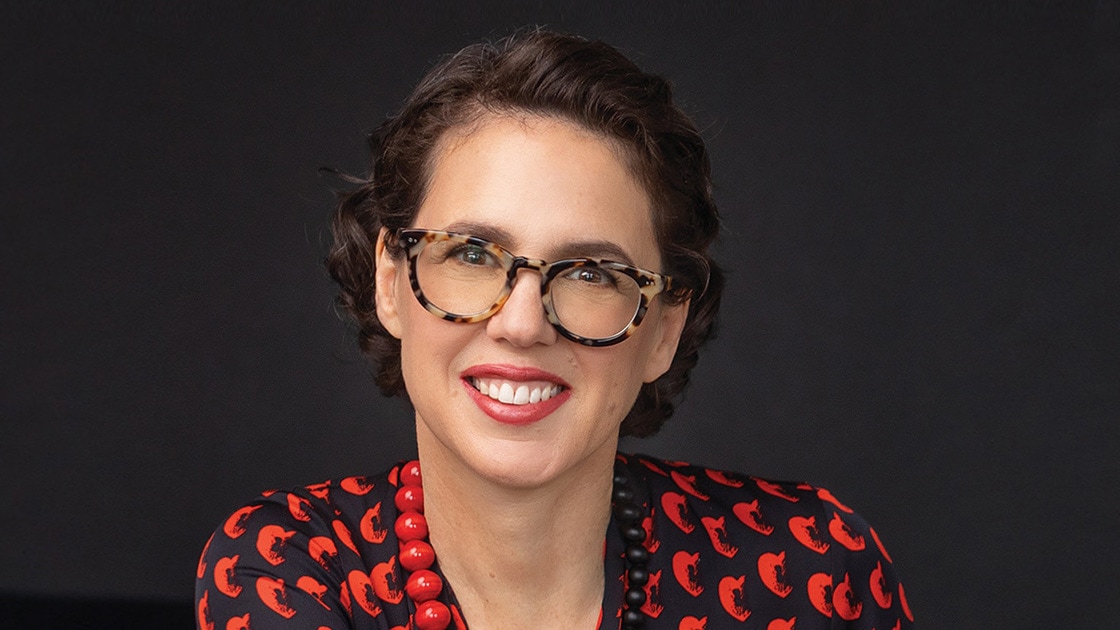

![[Last chance to register] Best of MAX for Business Webinar](https://engage.adobe.com/rs/360-KCI-804/images/max2022-dont-miss-out-banner-2.en.1200x748.jpg)


